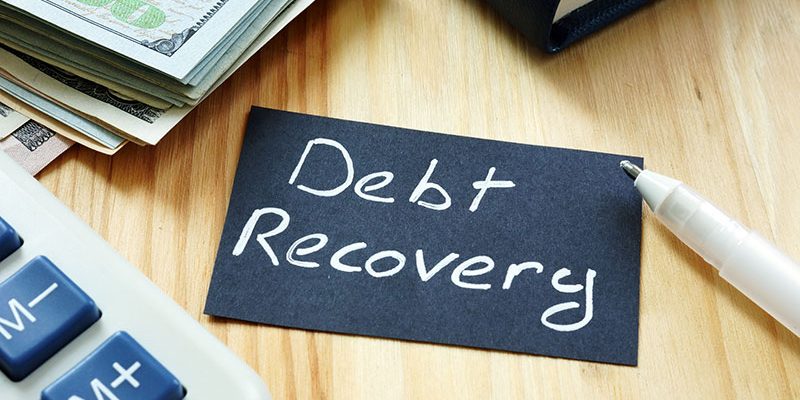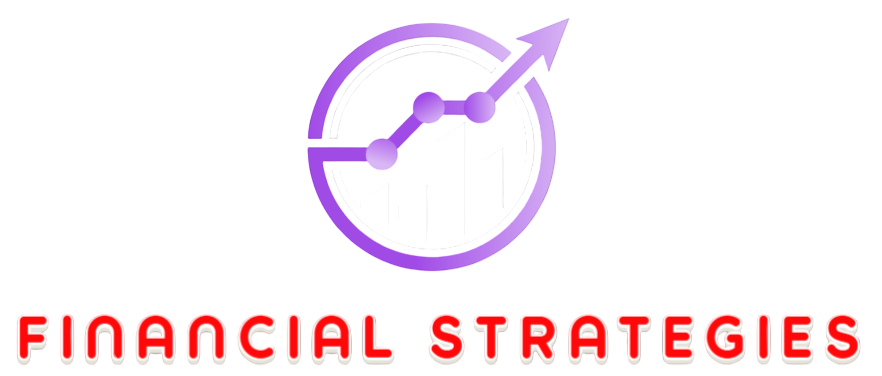
Debt collection is a complex, time-intensive process. The effort’s success depends on several factors, including the type and amount of debt, the debtor’s willingness to engage in conversation, or their ability to repay debt. In this post, we will look in-depth at what Australian Debt Collection agencies and companies do when trying to collect outstanding balances.
The first phase of debt collection is harassment. Debt collectors will call five to ten times a day to get the debtor to pick up the phone, answer their emails or visit their office. The best way for the debtor to avoid this is to decline all communication by ignoring calls, deleting emails, and never seeing the office. It is essential for the debtor not to engage with debt collectors in any way when they are trying to collect outstanding balances. Hiring in debtor-creditor communication can make it difficult for the debtor to prove their case in court later.
Debt collectors will try to collect on outstanding balances long after becoming delinquent. In this phase, they will try to convince the debtors to pay money by making empty promises to reduce the debt. Collectors use a critical phase of debt collection efforts as these strategies draw maximum revenue from debtors.

The next and final stage of debt collection is getting the debtor to pay. Debtors unwilling or unable to pay their debts will face serious consequences in this phase. Credit report damage, garnishment of earnings, and property seizure are examples of what debtors can expect when their balances go unpaid.
Additionally, debt collectors from large collection agencies will often purchase consumer debt from financial institutions that transfer it to them. The collection agency then begins its collections process to recover the debt owed.
This is not a complete rundown, but it should give you a good idea of what a debt collector does when they first get your account. If you ever have issues with creditors, always contact your State Attorney General’s Office first. They monitor and investigate consumer complaints related to the sale and collection of consumer debts. Your state attorney general can also help settle disputes between you and credit card or car dealers while protecting your rights under federal law, as well as give tips on avoiding credit and loan scams that target consumers daily. You can find your state attorney general website here.
When you think you’re getting ahead, something comes along to knock you down. It doesn’t matter if you’re rich or poor, strong or weak, there is no escaping it, and it will come in many forms, from computer viruses to debt collectors. The last thing that any consumer would expect while going through financial difficulties is a scam that aims to rip them off even more, and now the Federal Trade Commission has something to say about it!
Consumers have been duped by debt collectors who tell them they must pay off their outstanding credit card balance immediately or face serious legal action.



